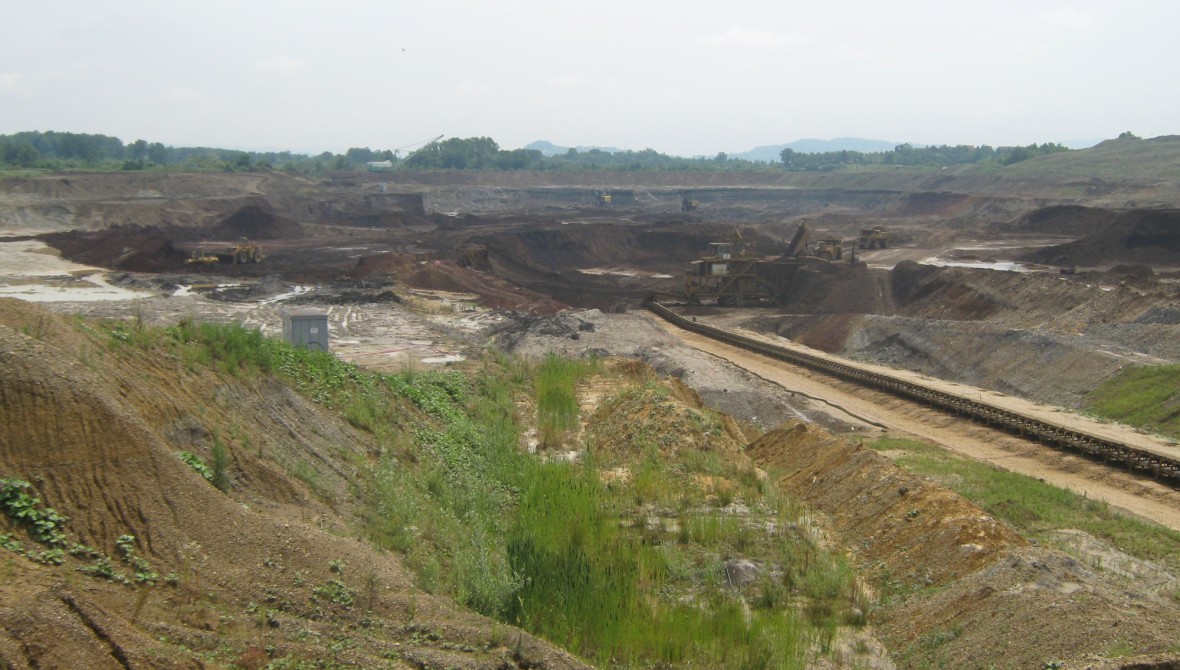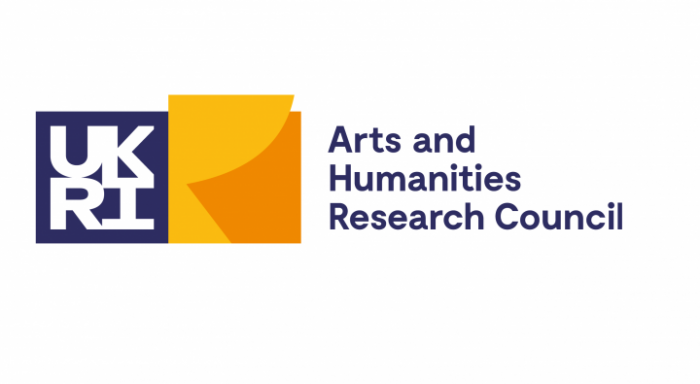Four Faces of Omarska: Open Video Sequence, Public Montage #1
Wed 28 April 2021
18:00pm - 20:00pm
An online event structured around Milica Tomić's video work Four Faces of Omarska, using collectivity to resist fixed memorialization. Read more

(Photo credit: Omarska Mine, Ljubia ore field, Ljubia mines complex, Prijedor, Republika Srpska (Bosnian Serb Republic), Bosnia and Herzegovina, photo: Milica Tomić, June 2010)
Radar partnered with the AHRC Research Network 'Interdisciplinary perspectives in transitional justice', led by Cristian Tileaga of Loughborough University's Department of Communication and Media, and the curator Lívia Páldi, to organise a public montage session around Milica Tomić's ongoing video work Four Faces of Omarska: Open Video Sequence, which traces the recent histories of the Omarska mining complex in Bosnia and Herzegovina. The session functioned both as a screening of the work's latest iteration, and as a development phase for future versions. Through this, it functioned as a form of 'investigate memorialization', using collectivity to resist individualised and static processes of memorialization.
Click here to read Páldi expand on the concept of 'investigative memorialization' and provide background to Tomić's film.
Produced by Laura Purseglove and David Bell for Radar.
Milica Tomić is a Yugoslav-born artist. Since 2014, she is Head of the Contemporary Art Institute (Faculty of Architecture) at the University of Technology in Graz (Austria). Her work centers on researching, unearthing and bringing to public debate issues related to political and economic violence, trauma and social amnesia; with particular attention to the 'short circuit' between intimacy and politics. As a response to the commitment to social change and the new forms of collectivity it engenders, Tomić has made a marked shift from individual to collective artistic practice. Today, she is a founding member of the new Yugoslav art/theory group, "Grupa Spomenik" [Monument Group] (2002), founder of the cross-disciplinary project Four Faces of Omarska (2010) and initiator of the Working group Four Faces of Omarska.
Since 1998 Tomic has participated in international exhibitions such as 24th Sao Paulo Biennale (1998), 49th/50th Venice Biennale (2001/2003); 8th International Istanbul Biennial (2003); Populism, Stedelijk Museum, Amsterdam/Frankfurter Kunstverein (2005); 15th Sydney Biennale (2006); Prague Bienniale (2007); Manufacturing Today/Trondheim Biennale (2010); 6th International Biennial of Contemporary Art in Gyumri, Armenia (2008); 10th Sharjah Biennial (2011), Odessa Biennial (2013), After Year Zero / Forensis, HKW Berlin, Germany (2013/2014), Invisible Violence, Basque Museum-Centre of Contemporary Art, Vitoria (2014); The School of Kyiv - The Biennial (2015); Monuments Should Not be Trusted, Nottingham Contemporary (2016); Body Luggage, Kunsthaus Graz (2017); Sequences. Art of Yugoslavia and Serbia, MoCAB, Belgrade (2017); Exhibiting at the Trowel Edge, steirischer herbst, (2018); On Love Afterwards, photo installation/ … of bread, wine, cars, security and peace, Kunsthalle Vienna / performance, Europa Machine, Burgtheater, Vienna (2020); Bigger than Myself. Heroic voices, MAXXI - National Museum of XXI Century Arts in Rome, (2021) among others.
Lívia Páldi worked as Curator of Visual Arts at Project Arts Centre, Dublin between March 2017 and March 2021. She was the director of BAC – Baltic Art Center, Visby, Sweden between 2012 and 2015 and chief curator of the Műcsarnok / Kunsthalle Budapest between 2007 and 2011. She has organised talks, discussions, workshops and numerous exhibitions and has also edited several books and exhibition catalogues. She was one of the curatorial agents of dOCUMENTA (13) and member of the OFF-Biennale Budapest curatorial board in 2016. In 2017 she initiated the project Active Archive – Slow Institution, a major research project with exhibitions and events that delves into Project’s rich 50+year history, uncovering the history (or rather histories) of and related to one of Ireland’s oldest public art institutions.
Special thanks to: Nick Axel, Ludo Groen, Nikolaus Hirsch, and Marina Otero Verzier
Four Faces of Omarska: Open Video Sequence, 2020 was produced for Monument, a collaboration between e-flux and Het Nieuwe Instituut, The National Institute for Architecture, Design, and Digital Culture of the Netherlands.

Wed 28 April 2021
18:00pm - 20:00pm
An online event structured around Milica Tomić's video work Four Faces of Omarska, using collectivity to resist fixed memorialization. Read more